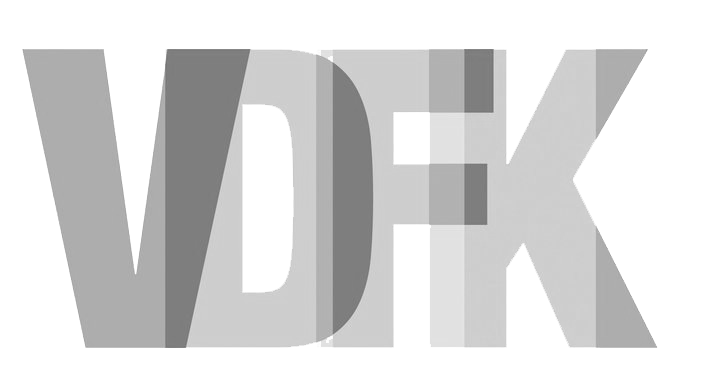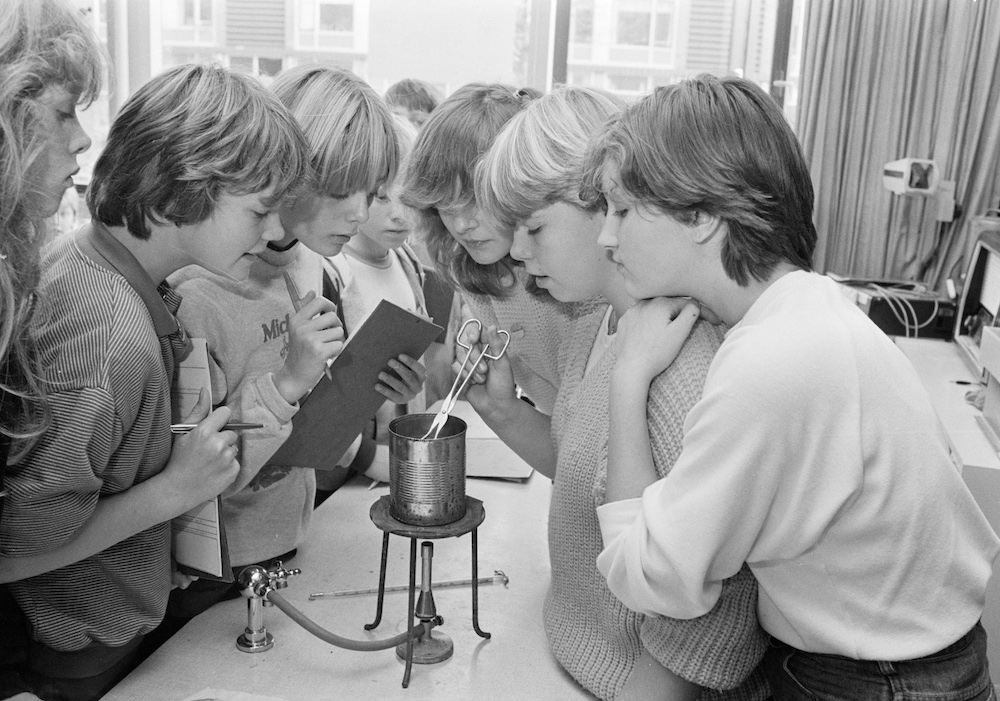Conference 2020
Cinema plural
A conference without a theme
Opening conference of the Critics’ Week
Theaterdiscounter Berlin
Berlin, 19 February 2020
Organized with the support of Goethe-Institut e.V.
What are the hopes of today’s filmmakers, critics and cinephiles? What do they resent, what do they demand? In 2020, the Critics’ Week is refusing to choose a theme for the opening conference. Instead, we’re inviting friends old and new to voice their concerns, to engage in discussion and find allies. Be it against the right wing and censorship, or in favour of a global cinephilia – what we’re after is differentiation, solidarity and passionate debate. We want to place side by side that which is usually kept apart. Not least, this means reflecting on what it means to perceive a problem as belonging to “others”. Against the background of a Berlinale that, under new leadership, has to figure itself out anew, we explore the film culture dynamics that surround us.
Programme
18:00
Welcome
Panel discussion: On Cinema and the Right Wing
Discussion of the results of the workshop “Film work against the right” together with the participants
In the here and now, how do extreme right-wing party politics intervene in cinema culture? How can influence be rendered visible? Which actors play a role in this? Which aesthetic practices and work methods engender forms of resistance?
Panel discussion: “For a New Cinephilia”
Film critic Girish Shambu (www.girishshambu.net / Film Quarterly) in conversation with film critic Jessica Kiang (Variety / Sight & Sound)
The American film critic and blogger Girish Shambu recently wrote a manifesto for the magazine “Film Quarterly”. The focus is on the notion of a contemporary, left-wing cinephilia. Shambu calls for the recognition of critically educated movements within film culture and rejects a purely aesthetically-oriented, male auteur-centred, apolitical love of film: “You shall know the old cinephilia by the sounds of its worrying: film culture these days is ‘too PC,’ too ‘morality driven,’ and ‘all about identity politics.’ Supposedly (…) the community of cinema lovers is no longer unified the way it once (allegedly) was. For the new cinephilia, however, this unity of film culture is a figment of nostalgic fantasy, a fiction propagated and sustained by the imposition of a false universalism.”
ca. 20:00
Three parallel events
Workshop discussion on censorship & film criticism in Turkey
Moderated by Senem Aytaç (Altyazi film collective), with clips from films
Members of the film collective Altyazi from Turkey ask themselves what the deal is with cinema and politics in their country. The group self-publishes a bimonthly magazine of film criticism and organises cinema screenings and events, intending to bolster the self-confidence of the independent Turkish film scene. Besides spreading knowledge, the group is especially concerned with facilitating encounters – because a free film culture is the joint responsibility of the audience, readers and producers. A workshop discussion with Senem Aytaç and members of the group will focus on film criticism’s existing and potential role within this context, positing criticism as a method of raising awareness and a collective objection against (self-)censorship. How do social tensions in Turkey influence cinema and criticism?
Workshop: “Everyone Talks About Film Education” (German)
Moderated by Rüdiger Suchsland and Stefan Butzmühlen
Organized by the German Film Critics Association and the Hauptverband Cinephilie
A workshop exploring what film education can look like, what is the potential for this field, what is necessary, what works, and what needs to change.
Round table discussion: Post Cinema, Mobile Cinema, Arthouse Cinema
With Oliver Bassemir (filmmaker, “[Bordeaux], ma bile”), Evi Stamou & Marianna Kaplatzi (film collective Balkan Can Kino), Aleksandra Milovanović (University of Arts, Belgrade), Branka Pavlović (filmmaker, video artist, Free Zone Belgrade Human Rights Film Festival)
One space is dedicated to borderless cinema: filmmaker and video artist Evi Stamou and film curator Marianna Kaplatzi, representing the collective “Balkan Can Kino” from Athens, report on the possibilities offered by the operation of a self-organised cinema. Aleksandra Milovanović (University of Arts, Belgrade) and Branka Pavlović (filmmaker, video artist) use scientific tools to investigate how the “Free Zone Belgrade Human Rights Film Festival” has, through centralised and decentralised forms of film festival operation, managed to develop and shape an activist position over the course of 15 years. The video artist Oliver Bassemir brings his “Cinephilic Germ Cell” from Hamburg: under this name, he appears in regular film programmes to question the meaning of “political architecture” with regards to the cinema hall.
21:15
Three parallel events
Round table discussion: “The World Next Door – A Conversation About Non-Academic Storytelling” (German)
The filmmaker Franz Müller (“Worst Case Scenario”) in conversation with Annekatrin Hendel (filmmaker, “Traitor to his country”, “Fassbinder”) and Jan Overhausen (Comedian und Author)
Moderated by Hannah Pilarczyk (Der Spiegel)
The film director Franz Müller, one of the editors of the magazine “Revolver”, wrote a blog post shortly after the last Berlinale about German cinema’s insulation from realities of experience other than those of the filmmakers themselves: “I have experienced a tendency towards seclusion and self-centredness, which I want to talk about. Especially with regards to social class, in recent years there have been more and more films concerned with themselves and turned away from others, and I think this is simply terrible because it depicts what already bothers me about a world in which more and more areas of experience are being steered (more or less gently) by the capitalist software, which unfortunately runs very smoothly on our human hardware.” The discussion quickly ebbed away – we take it as a starting point for a reconsideration of filmic practice in Germany.
Live chat performance: “Intruders at the Window”
With Anuj Malhotra and Suraj Prasad (Lightcube Film Society)
An onstage simulation/performance of an online chat conference that will include participants from a set of different geographical locations from across the world – critics who deal with patterns of exclusion from mainstream and global film discourse – who will be invited to collectively imagine, in the real-time, for a live audience, a new era in cinephilia that is inclusive, devoid of centres and genuinely plural.
Workshop: “Capitalist Realism, Societies of Control and Cyberpunk”
With participants of the research seminar “Cyberpunk – Identities and Space in the Sphere of Postmodernism and Capitalist Realism” (Humboldt University of Berlin), with clips from films
In the midst of a fractured, decentralized network of evolving technological and infrastructural systems, our informational consumption and creation habits are prone to constant relocation and mutation. By looking at storyworlds in contemporary fiction, it becomes possible to clear the fog around these ever-changing discourses and to shed a light on our present, our future imaginaries and our relation to history. Connecting selected theoretical and cinematic entities, we especially aim to identify the ideological rhythms and tremors of capitalist realism and the mechanisms of social control as reflected in Cyberpunk and its derivates. We are interested in creating an open and de-institutionalized space for criticism in which participants are free to contribute to and come away with tools for analysis and clarity. Interconnectedness is allowed and encouraged as a way to work against conscious and unconscious selectiveness in regards to being open to a variety of ideas.
ca. 22.15
Joint closing of the event at the bar
***
Tickets for the conference are available through the website of the Theaterdiscounter Berlin.

